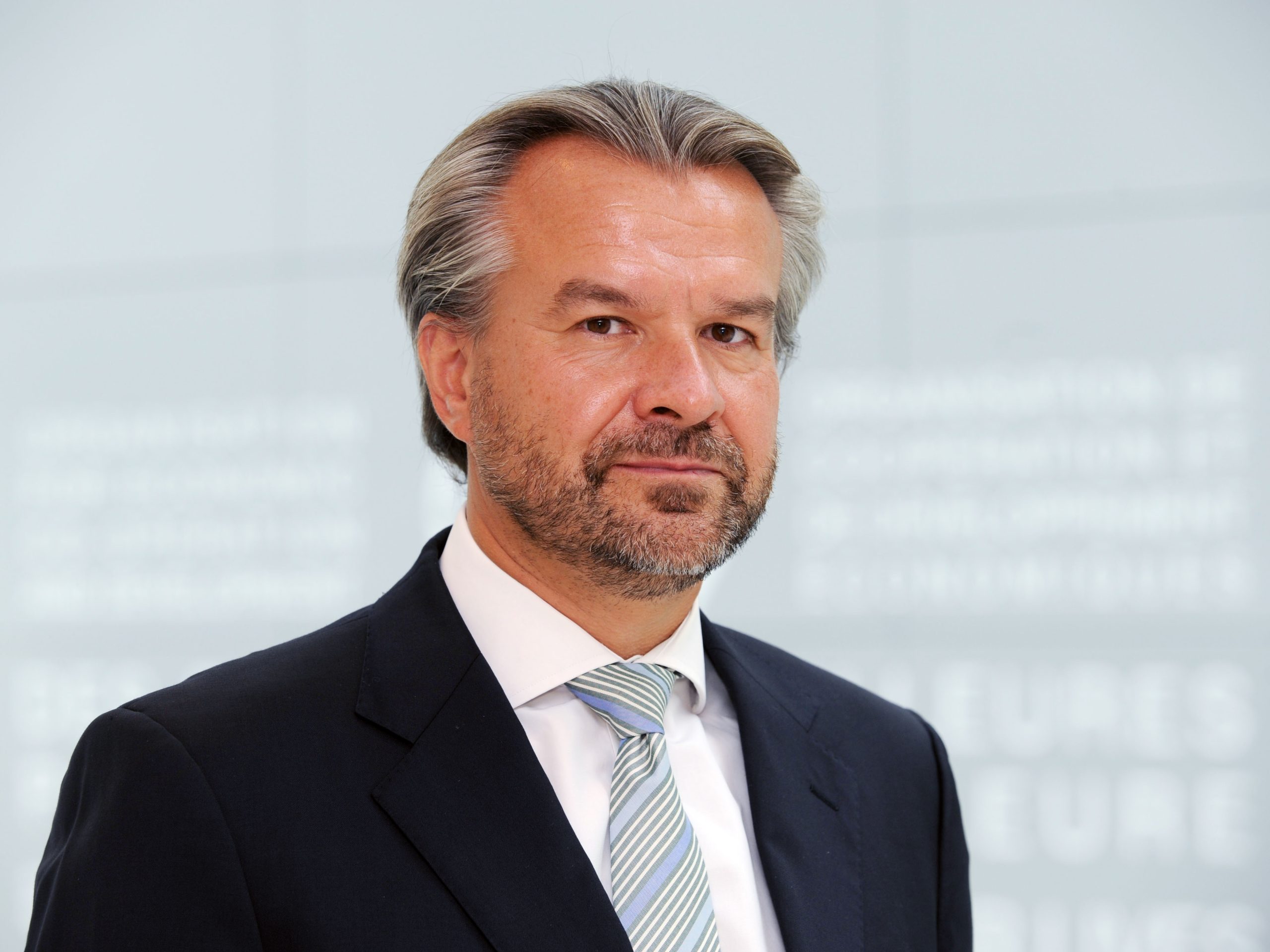Russia’s war against Ukraine has unleashed a humanitarian crisis with thousands of civilian deaths. Over eight million people are internally displaced and over 6.5 million have fled the country – a displacement of population the like of which has not been seen in Europe since World War II. Beyond Ukraine, the conflict has triggered a cost-of-living crisis, levels of inflation not seen for the best part of three decades and deepening pressure on households still dealing with the effects of the pandemic. Supply disruptions in energy and commodities pose a grave risk to low-income countries that depend heavily on Russia and Ukraine, which together account for some 30% of global wheat exports. Given this sober accounting, the Organisation for Economic Co-operation and Development (OECD) warns in its latest June 2022 Economic Outlook that without concerted action, a global food crisis is highly likely.
Policymakers have been central to efforts to assist Ukrainian refugees and mitigate the impact of price shocks – both of which we examine in greater depth here – as well as many other key responses. The OECD is doing all we can to ensure that the information they will need is readily accessible.
At the OECD we have drawn on lessons learned during the pandemic. We launched the COVID-19 Hub to centralise essential data, analysis, and recommendations for policymakers, policy shapers and engaged citizens alike. This initiative highlighted the power of clear, evidence-based communication, particularly in a time of great uncertainty. Now we have brought this experience to bear on the Ukraine crisis with a website that offers OECD-wide analysis of the policy challenges ahead, supported by key data and other insights, and an overview of the OECD’s work with Ukraine. Careful consideration of policy responses has also been central to our recent economic projections. In the June 2022 Economic Outlook, OECD Chief Economist Laurence Boone outlined the key challenges provoked and accelerated by the war, and sets out a series of priorities for policymakers.
So how should policymakers respond to the crisis in Ukraine? What should be their role in helping Ukrainians, while warding off the secondary crises the war has provoked? Here, we look at two key responses.
Help for Refugees
Among the most important immediate needs faced by those fleeing Ukraine is access to housing. Recent OECD analysis has shed light on the scope of the refugee crisis, as well as the range of policy responses in OECD countries. Some EU countries are relying primarily on private households to accommodate Ukrainians (Belgium, Croatia, and Malta), though most countries supplement reception centre housing with private households. Financial support for accommodation is given either to local authorities or other housing providers; to private individuals housing refugees; or directly to those fleeing Ukraine. Whatever the measures adopted, policymakers can help by maintaining focus on securing shelter for the displaced, including the provision of permanent housing for refugees.
OECD experts have also noted the importance of integration of Ukrainian refugees into host country social systems and labour markets. Policymakers can help by focusing on measures to extend child care, health, education, and other social services to Ukrainian refugees, the majority of whom are women and children. Language instruction and other programmes will need to be developed by policymakers to help refugees (many of whom are highly educated) find jobs in their host countries. The need is particularly pressing for women migrants, who often face greater barriers to entering the labour market.
Mitigating Global Price Shocks
The war has underlined the dependence of many countries on Russian and Ukrainian exports. Energy price increases since the start of the war are driving headline year-on-year inflation, with higher spending representing a higher burden for lower-income households. Food security has also become a significant concern. Many governments have taken measures to cushion these risks, but more can be done – particularly through support to those most vulnerable to volatility in food and energy prices, and adjustments in monetary and fiscal policy.
Our latest Economic Outlook calls for short term efforts to focus on diversifying energy sources, by pursuing the recommendations and suggestions contained in the plan set out by the International Energy Agency. The introduction of regulatory and fiscal incentives can help promote alternative energy sources and energy efficiency. To mitigate food insecurity risk, policymakers should emphasise measures to facilitate planting new crops, including in Ukraine; remove barriers that prevent food from reaching at-risk countries; and limit export restrictions on food and other agricultural products.
Policymakers are Vital to the Response
The war in Ukraine has exposed the ways in which conflicts in one country impact us all. As our experience during COVID-19 has underlined, policymakers have a vital role to play at these critical times. In the current moment, two areas that demand particular attention include efforts to provide aid to Ukrainians displaced by war, and regulatory and fiscal measures to mitigate energy dependence and price shocks.
At the OECD, the lessons we learned as the pandemic took hold helped shape our co-ordinated approach to the crises provoked by the war in Ukraine. By bringing together key data and insights from across the Organisation and making them readily accessible online in easy-to-grasp formats, we can help policymakers, policy shapers and other key decision-makers develop evidence-based, targeted and effective responses to distinct yet interconnected crises.
![]()

Anthony Gooch is the Organisation for Economic Co-operation’s Director of Public Affairs and Communications, Director of the OECD Forum and Chair of the OECD Global Parliamentary Network since 2008, leading award-winning initiatives including the OECD Covid Hub, OECD Better Life Index and public campaigns supporting the overhaul of international tax rules post-GFC. Previously he worked for the European Commission as EU Trade Spokesman and trade negotiator, and EU Representative in the US and UK. He holds postgraduate degrees from Sciences Po Paris and Cambridge University.



